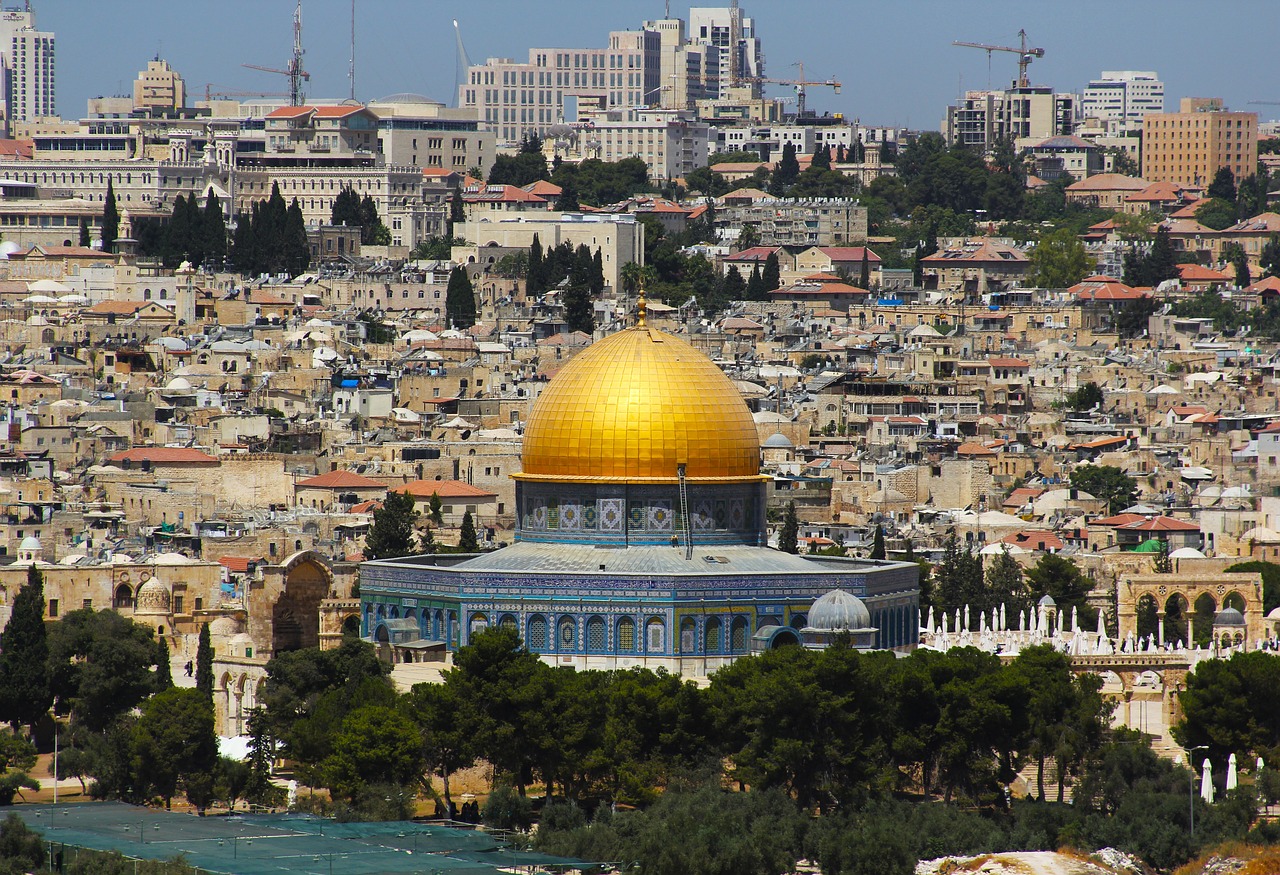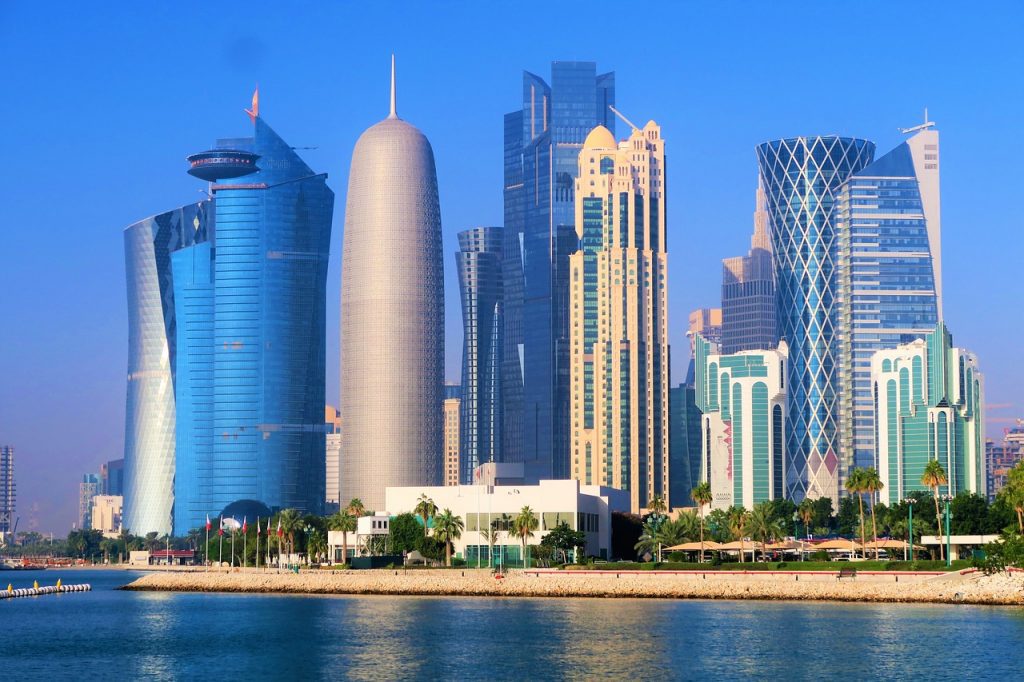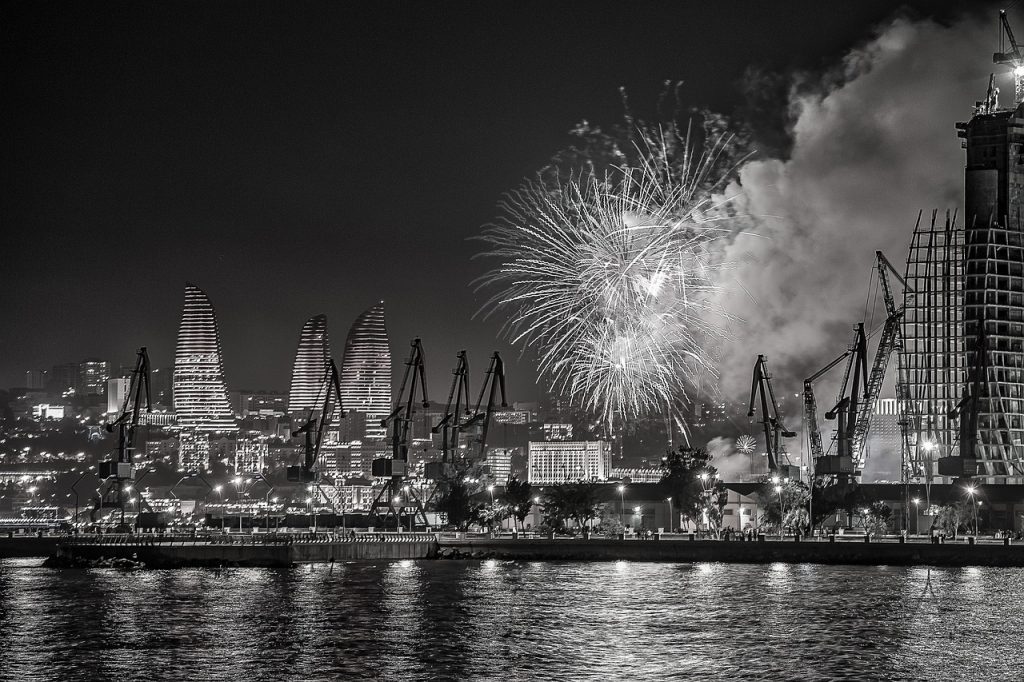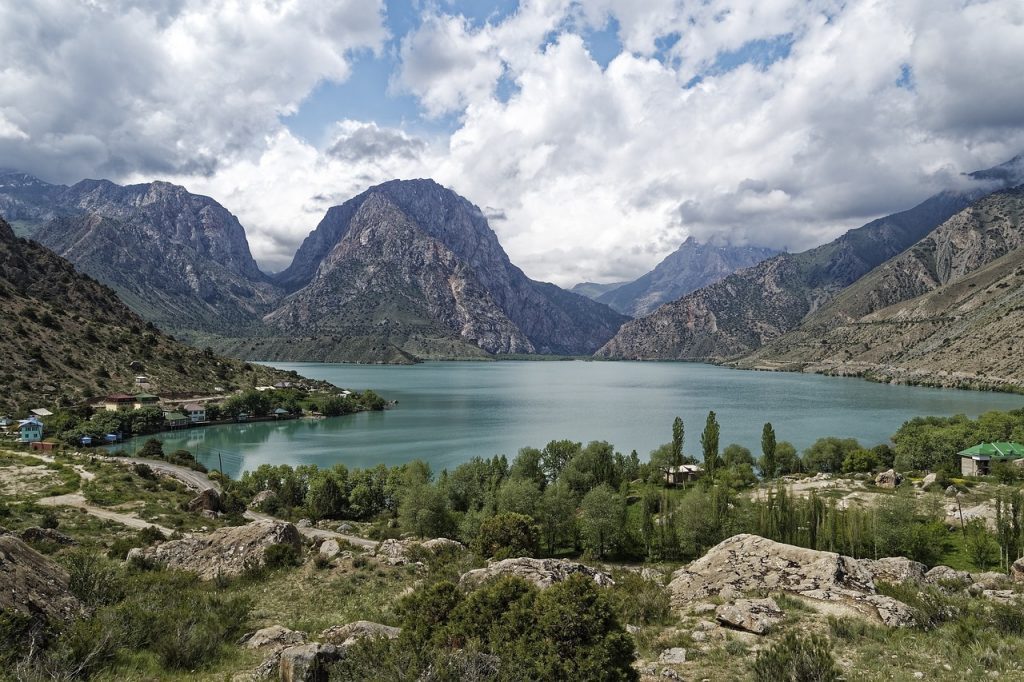Israel, a land of historical significance and diverse landscapes, beckons travelers with a blend of ancient heritage, Christian significance, and modern charm. Choosing the best time to visit Israel to embark on your Israeli adventure is a crucial decision, shaped by various factors.
Examining the weather and considering crowds while reviewing cultural experiences, wilderness escapades, and unique sightseeing opportunities provides you with the insights you need to determine the best time to go to Israel.
Visiting Israel based on the Weather:
Israel experiences distinct weather patterns, offering varying experiences throughout the year. The optimal time to visit is during the spring (March to May) and fall (September to November). Temperatures range from 55-75°F (13-24°C), providing comfortable conditions for exploration.
The summer months of June to August can be scorching, with temperatures often exceeding 90°F (32°C) and accompanied with high humidity. While coastal areas offer a reprieve, inland regions can be sweltering. The winter months of December to February bring cooler temperatures, averaging around 50°F (10°C), particularly in Jerusalem and the northern areas.
Israel has a Mediterranean climate, which means it experiences distinct seasons with hot, dry summers and mild, wet winters. Here’s a description of the seasonal weather:
1. Spring (March to May):
- Spring temperatures range from 54°F (12°C) to 77°F (25°C).
- Spring is a pleasant time to visit Israel. The weather is mild, and the landscape is green and blooming.
2. Summer (June to August):
- Summer can be hot, with temperatures ranging from 77°F (25°C) to 95°F (35°C) or higher.
- Be prepared for high temperatures, especially in July and August. Stay hydrated and use sunscreen if visiting during this time.
3. Autumn (September to November):
- Autumn temperatures range from 70°F (21°C) to 86°F (30°C).
- Autumn is another pleasant season for travel, with comfortable temperatures and less intense heat compared to summer.
4. Winter (December to February):
- Winters in Israel are mild, with temperatures ranging from 50°F (10°C) to 64°F (18°C).
- While winters are mild, it can get cooler in the evenings, so layering is advisable.
Other Weather Factors:
- Rainfall: Israel has a rainy season from November to March, with the highest rainfall occurring in the north and along the Mediterranean coast. Rainfall decreases as you move south towards the desert regions.
- Desert Regions: Parts of southern Israel, including the Negev Desert and the Dead Sea area, can experience extremely hot temperatures during the summer months. Be prepared for scorching heat if visiting these areas in summer.
In summary, the best time to visit Israel depends on your tolerance for heat and your preferred weather conditions. Spring and autumn are generally the most pleasant seasons for travel due to mild temperatures. Summer can be hot, so prepare accordingly, while winter offers a milder climate but may have some rain in certain areas.
Traveling to Israel with Crowds in Mind
For a more serene experience, consider visiting during the shoulder seasons of spring and fall, when the weather is pleasant, and the crowds are thinner compared to peak summer months. The good news is the better weather and lesser crowds correspond with each other.
The best months of spring are April and May, although the Easter holiday can bring lots of visitors. Easter usually falls between March and April. Avoid Holy Weak if you want to avoid the crowds. The fall shoulder season is less vulnerable to crowds as compared to the spring. The best months are September and October.
Discovering Israel’s Cultural Experiences
Immersing yourself in Israel’s rich cultural tapestry is a highlight of any journey. Participate in local festivals, explore historic sites, and savor diverse cuisines. Witness the spiritual celebrations of Passover (Pesach) and Hanukkah, which vary each year based on the Jewish calendar.
Israel hosts a variety of iconic cultural events that celebrate its rich history and diverse heritage. Here are 10 of the most prominent annual cultural events that take place across the country:
- Passover (Pesach) – March/April: Passover, a significant Jewish holiday, occurs in March or April, commemorating the liberation of the Israelites from slavery in ancient Egypt. Families gather for traditional Seders, festive meals, and spiritual reflection.
- Independence Day (Yom Ha’atzmaut) – April/May: Independence Day, celebrated on the 5th of Iyar(usually in April or May), marks Israel’s declaration of independence in 1948. Festivities include fireworks, parades, concerts, and cultural events.
- Jerusalem Day (Yom Yerushalayim) – May/June: Jerusalem Day, observed in May or June, celebrates the reunification of Jerusalem during the Six-Day War in 1967. Festivities include parades, concerts, and visits to the Western Wall.
- Tel Aviv Gay Pride Parade – June: The Tel Aviv Gay Pride Parade, typically in June, is a vibrant celebration of LGBTQ+ rights and diversity. The event features colorful parades, parties, and cultural activities.
- International Film Festival in Jerusalem – July: The International Film Festival in Jerusalem, held in July, showcases a diverse array of international and local films. The festival includes screenings, workshops, and discussions with filmmakers.
- Israeli Opera Festival – June/July: The Israeli Opera Festival, taking place in June or July, offers a series of opera performances in unique outdoor venues. It’s a harmonious blend of music and culture.
- Red Sea Jazz Festival – August: The Red Sea Jazz Festival, celebrated in August in Eilat, features a lineup of top-notch jazz musicians from Israel and around the world. The event includes concerts and workshops.
- Sukkot (Feast of Tabernacles) – September/October: Sukkot, also known as the Feast of Tabernacles, is observed in September or October. It involves the construction of temporary booths (sukkot), festive meals, and communal gatherings.
- Olive Festival (Sukkot) – October: During the Sukkot holiday in October, various regions in Israel celebrate the Olive Festival, where visitors can experience olive picking, traditional olive oil production, and cultural activities.
- Hanukkah – November/December: Hanukkah, the Festival of Lights, usually falls in November or December. The eight-day celebration involves lighting the menorah, playing traditional games, and enjoying festive foods.
These iconic cultural events offer a glimpse into Israel’s diverse cultural tapestry and historical significance. If you’re planning a visit to Israel, aligning your travel dates with these extraordinary festivals will allow you to immerse yourself in the country’s traditions and celebrations.
Exploring Israel based on Wilderness & Nature Experiences
To explore Israel’s breathtaking wilderness and nature, the optimal months are spring and fall, when the landscapes are vibrant, and temperatures are mild. Hike the Masada at sunrise, traverse the trails of the Galilee, and float in the Dead Sea’s mineral-rich waters.
Sightseeing Activities: Engage in sightseeing activities that are best enjoyed during specific times of the year:
- Whale Watching in Eilat (March to May, September to November): Witness the majestic migration of dolphins and whales in the Red Sea, a unique experience offered during specific seasons.
- Bird Migration at Hula Valley (October to April): The Hula Valley hosts a remarkable bird migration, attracting thousands of birds traveling between Europe and Africa.
- Jerusalem Day (May/June): Celebrated in May or June, Jerusalem Day marks the city’s reunification. Festivities include parades, concerts, and cultural events.
- Jerusalem International Film Festival (July): This festival, held in July, showcases international and local films, creating a cultural hub for cinephiles.
- Olive Harvest Season (October/November): Experience the traditional olive harvest season, engaging in hands-on activities at local olive groves.
Conclusion: In conclusion, Israel’s allure is ever-present, but the best time to visit Israel varies depending on your preferences and the experiences you seek. Whether you’re captivated by historical sites, natural wonders, or cultural festivals, Israel offers a range of opportunities throughout the year.
After determining your reason for going, look back over the weather, cultural factors, and sightseeing insights to see when the best time for you is. By assessing these factors, you’ll be well-equipped to embark on a memorable Israeli journey tailored to your desires and the country’s offerings.
Photo Credits:
Image by Ekaterina Vysotin





